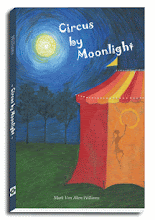It is generally not too much of a strain to perceive that American’s tend to assign greater emphasis to “freedom’ than to “equality.” There has always been a conflict between these two concepts throughout our history. One might say that the tension between them has provided an important dynamic element in our political culture: that the question of priority to one or the other has always been a matter of controversy. Our response to this dilemma has always been to assign meaning to equality, so that it accords with it’s subordination to liberty.
Our culture does not seem to be interested in offering any resolution to the ambiguity.
Lets us look at liberty. It is an individual responsibility, not a license. We tend to think of rights, rather than duties. Along with this comes a suspicion of established authority and a deep aversion to visible restraints from any social organization. We value choice in matters of religion, consumption, and employment, even though rarely is active choice ever actually exercised.
We tend to view equality as a historical phenomenon: a rejection of hereditary privilege and of a closed class system. Today, we find its expression in the recurring themes of anti-intellectualism and anti-elitism. What it does not account for, is that it has never assumed biological equality or equalization through material benefits of society. Equality in terms of wealth does not jive with twenty first century American culture.
We find ourselves creating a definition of equality once more, so that it will give priority to freedom. Twenty first century America assumes that wealth is a benign and abundant reward that nature provides for those who merit it. It is a “just reward.” All the while we justify ourselves by chanting the mantra—“equality of opportunity.”
Subscribe to:
Post Comments (Atom)







No comments:
Post a Comment